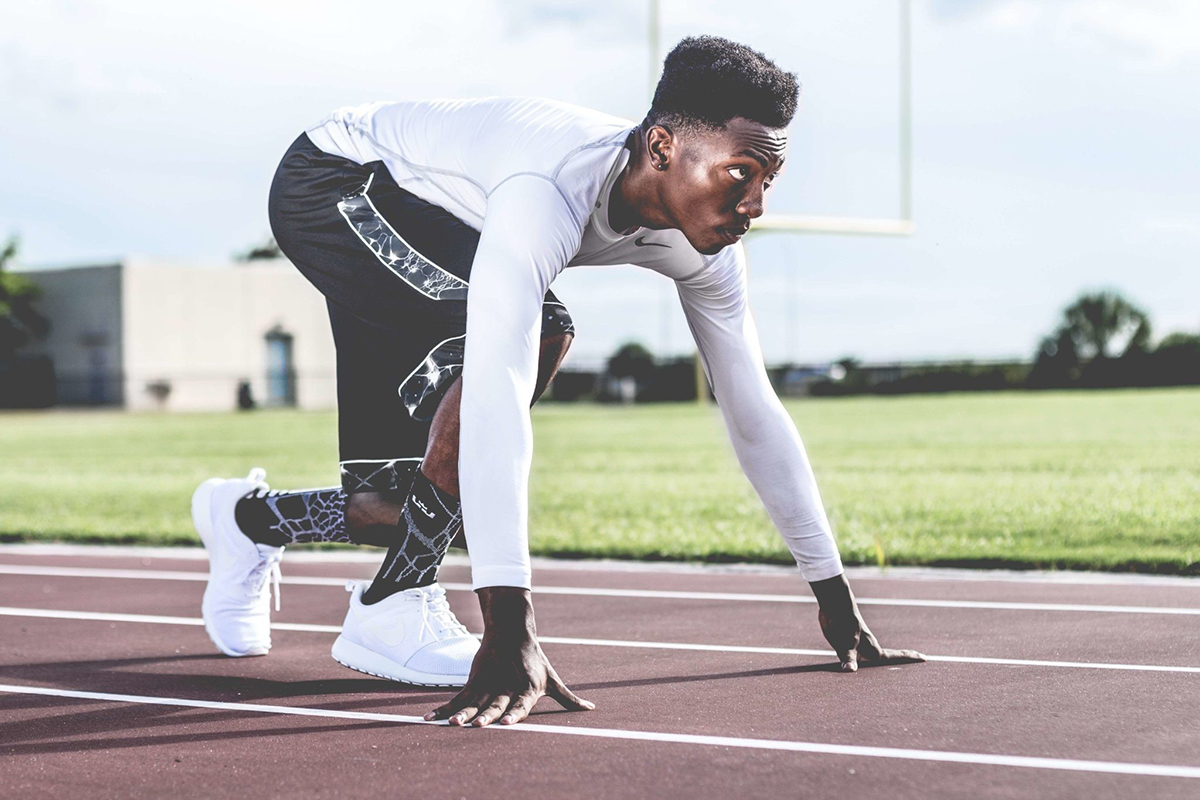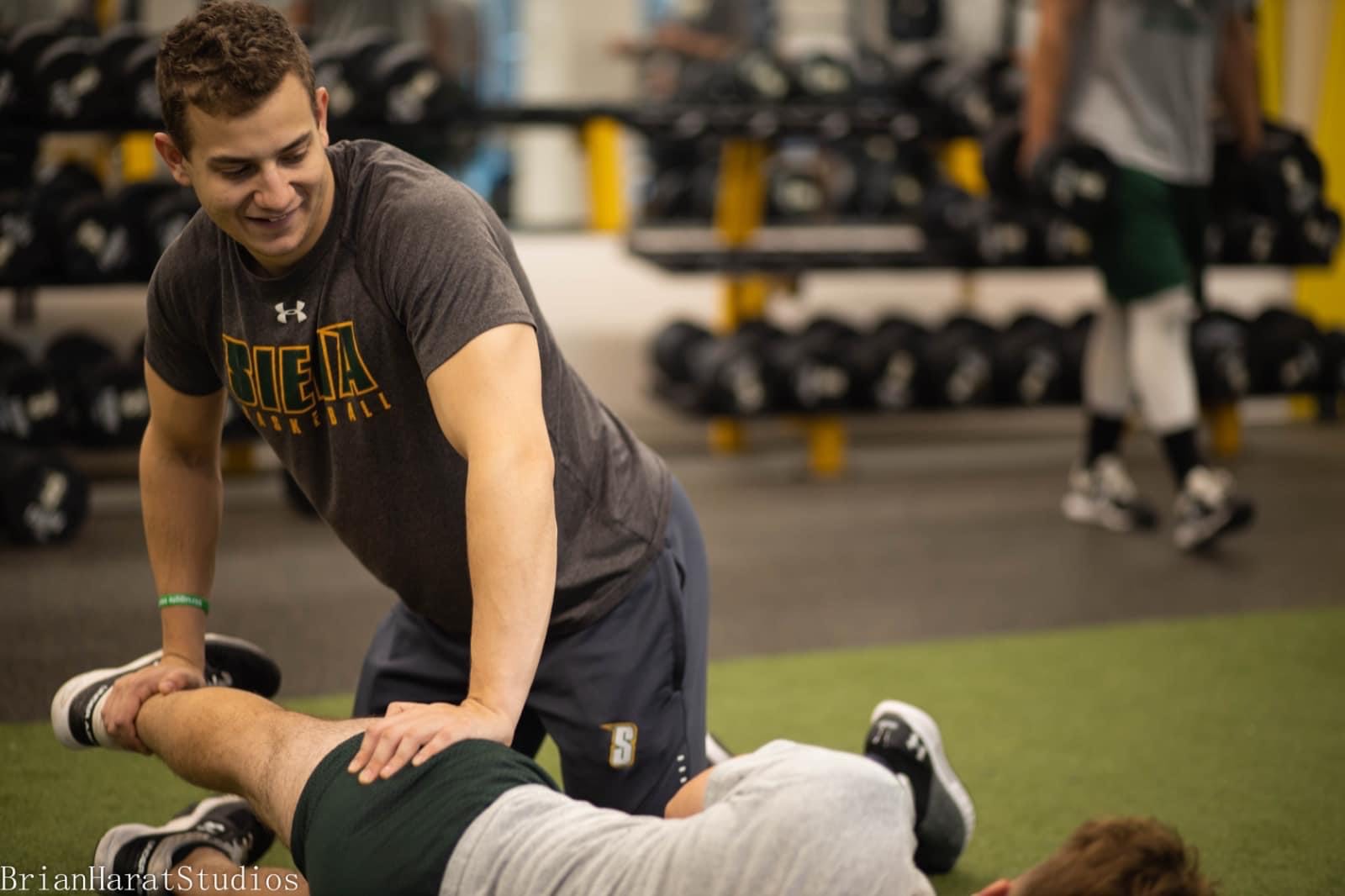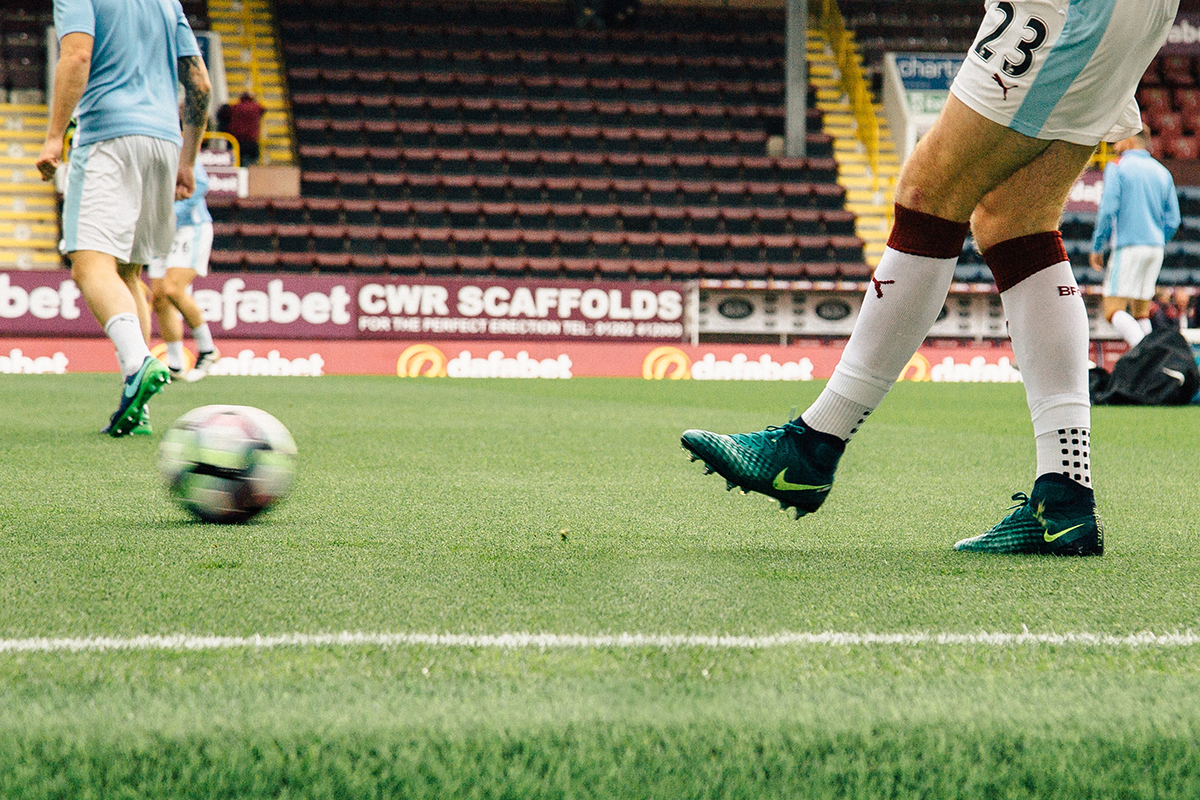How to Support your Athlete
By Sarah Farris, LCPC
What Parents Should Know About Anxiety
Anxiety can present in a number of ways. Common characteristics include continuous worry, uncomfortable physical sensations, or trouble sleeping, concentrating, or tending to daily tasks. When anxiety is difficult to manage, some may seek relief by avoiding feared situations, asking others for reassurance, or engaging in compulsive behaviors.
It can be common for such symptoms to occur in more than one setting.
When Might Anxiety Interfere with Athletic Performance?
Physical anxiety may appear as pacing, hyperventilation, or seeming stiff or rigid when competing or practicing. Pressure to perform perfectly, worrying about being watched and overthinking a technique an athlete can typically do well can also be a way that anxiety disrupts performance. Avoiding practice or showing up late may also result from anxiety.
How Can Parents Support an Athlete with Anxiety?
Showing compassion and empathy is a great place to start, even if you don’t fully understand what the athlete is going through. If you aren’t sure, ask the athlete to describe what happens when they become anxious and if there are any helpful strategies they use. Ask questions so that you can begin a conversation about the topic and gather information. Think about approaching the topic with curiosity rather than judgment. Stay away from dismissive language, comparison, or advice giving.
If the athlete works with a therapist, request to attend a session or two so you can better understand their specific circumstances and learn about how it is being addressed. If attending is not an option, ask if there are specific resources the therapist would recommend. If help is needed in finding a therapist, consider searching for anxiety specialists on various therapist directories or asking the school counselor for recommendations.
Frequent reassurance may seem to help, but it only provides temporary relief. This can keep the athlete in a vicious cycle and feel like they will only continue to need to ask in order to cope with worry. Learning to reduce how much you reassure the athlete while gently supporting their efforts in managing anxiety can help them in the long run.
Consider ways to work as a family unit to help the athlete manage anxiety symptoms, rather than aim to get rid of it entirely. There may be strategies you can implement before, during or after practice to help the athlete more confidently approach anxiety symptoms that can help them succeed or reduce interference.
As parents, athletes will notice your actions so consider how you approach your role as a spectator and supporter. Aim to encourage enjoyment, skill development, and sportsmanship. Try to stay away from perfectionistic expectations and excessive pressure to perform. Be encouraging and respectful towards other athletes, parents, and judges/refs.
Advocate for their needs (and encourage your athlete to as well). If your athlete benefits from one learning style over another, let coaches know. Observe practices and ask coaches about how they handle situations when athletes are nervous.



